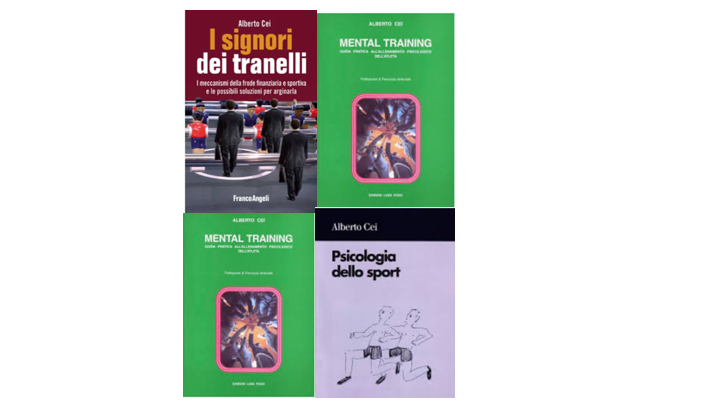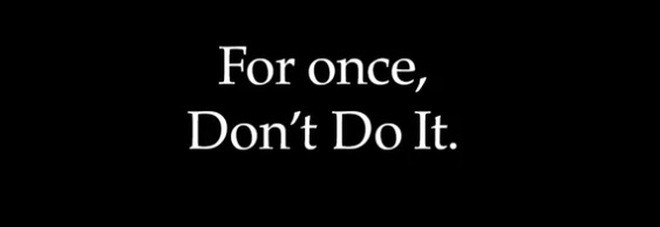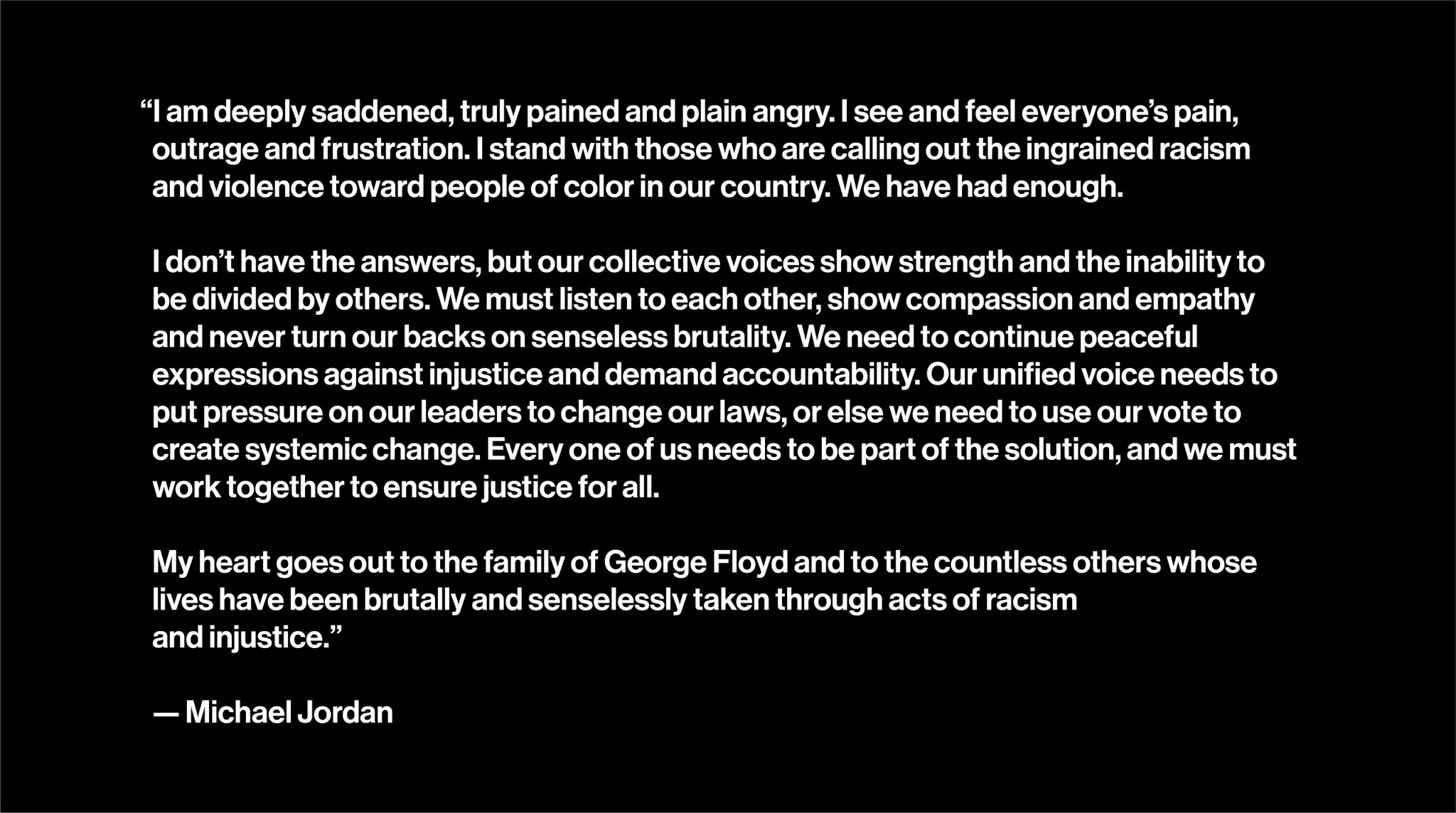British table tennis champion Matthew Syed describes great coaches as being “able to design practice so that feedback is embedded in the drill, leading to automatic readjustment, which in turn improves the quality of the feedback, generating further improvements, and so on.”
For example, Michael Johnson’s coach Clyde Hart introduced feedback into Johnson’s sessions by wiring a beeper through track speakers to give Johnson pace feedback in every session for 15 years. Like a metronome in music, it helped him to judge his rhythm and speed, enabling him to instantly judge his form at key checkpoints and refine his technique and tactics.
Golfer Jack Nicklaus illustrated this point when he said, “Jack Grout taught me from the start. He said I need to be responsible for my own swing and understand when I have problems on the golf course how I can correct those problems … myself without having to run back to somebody. And during the years that I was playing most of my competitive golf, I saw Jack Grout maybe once or twice a year for maybe an hour… But he taught me young the fundamentals of the game. He taught me how to assess what I was doing. When I made a mistake, when I was doing things, how do you on the golf course fix that without putting yourself out of a golf tournament and then teaching your- self” (Patterson and Lee, 2013).
(Source: Ben Oakley, 2015)








